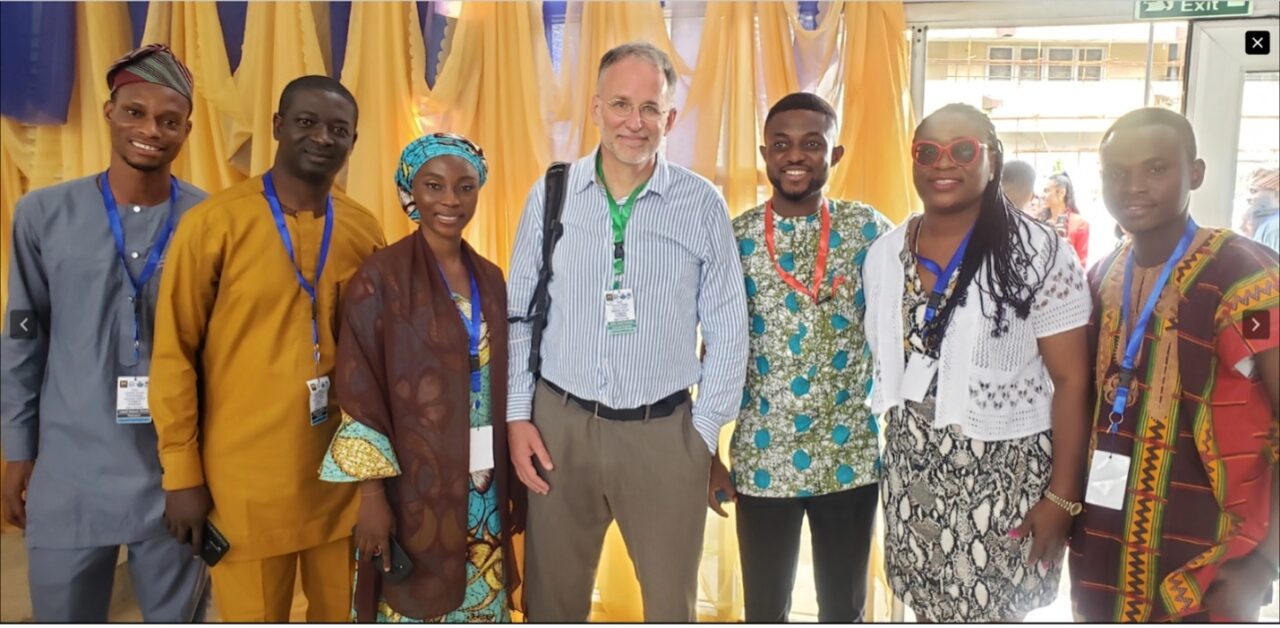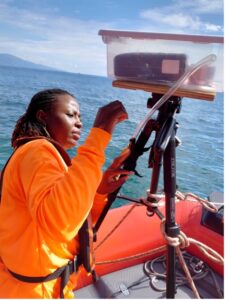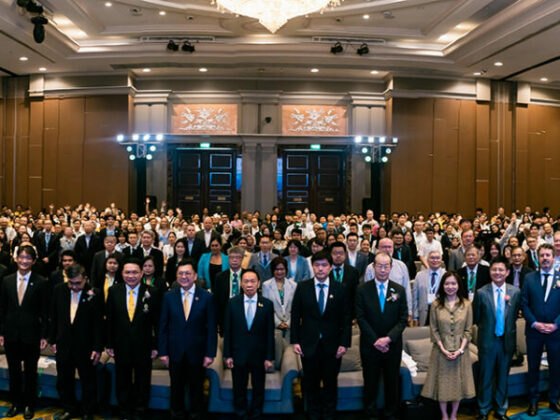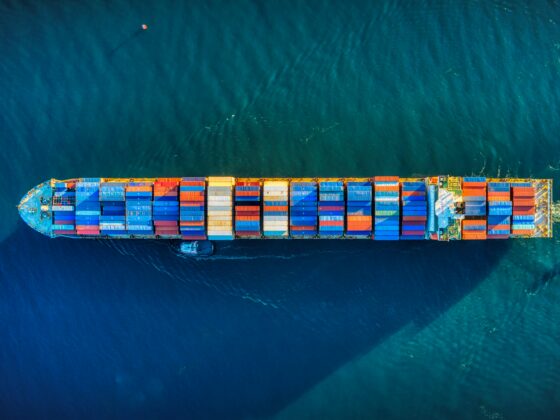In the pursuit of advancing our understanding of the ocean, we face a crucial challenge to facilitate equitable access to ocean skills, knowledge, and technology. Challenge 9 “Skills, knowledge, and technology for all” of the United Nations Decade of Ocean Science for Sustainable Development 2021-2030 (‘Ocean Decade’) stands as a commitment to ensure comprehensive capacity development and equitable access to these resources across all facets of ocean science.
Currently, global disparities persist among nations, with technical infrastructure and capacities concentrated in the Global North. Additionally, there are significant variations in age and gender representation, with only an average of 38% of women involved in the field of ocean science.
The Ocean Decade recognizes these imbalances and the hindrance they pose to scientific progress and the equitable distribution of benefits derived from the ocean. With the aim of addressing these disparities systematically, Ocean Decade Challenge 9 strives to fill the gaps in ocean science recognition, representation, and resource distribution worldwide.
Established within the context of the Vision 2030 process, Working Group 9 is crafting a targeted and strategic ambition for Challenge 9. It is led by co-chairs Brian Arbic, Professor of Physical Oceanography at the University of Michigan, USA, and Edem Mahu, Senior Lecturer of Marine Geochemistry at the University of Ghana, who bring a wealth of experience and research expertise from their fields.
Brian Arbic specializes in supercomputer modeling of oceanic flows to provide valuable information about the ocean’s layers and movements. Edem Mahu’s research encompasses a wide range of areas including past climate reconstruction, coastal upwelling, ocean productivity and nutrient dynamics, pollution of coastal systems, ocean acidification, and nature-based solutions for coastal hazard mitigation. She also leads the BIOTTA project (Building Capacity in Ocean Acidification in the Gulf of Guinea), which coordinates effort in ocean acidification monitoring.
To advance ocean science in West Africa, the two co-chairs jointly lead the annually-held Coastal Ocean Environment Summer School in Nigeria and Ghana, aimed at building capacity in oceanographic and environmental sciences.

Under their guidance, Working Group 9 endeavors to promote international and interdisciplinary collaboration, equitable knowledge sharing, open data policies, and inclusive capacity-building initiatives to ensure that the benefits of ocean science are equally accessible around the globe.
Emphasizing the foundational and interconnected nature of Challenge 9, Brian Arbic said: “Distributing more widely the resources required for high-quality ocean research will make it easier to address all other Ocean Decade Challenges.”
After a year-long collaborative work, the Group has identified the key components of success for Challenge 9 on the road to 2030. Among them, the proportionate and broad distribution of ocean capacity, a more diverse and inclusive community of ocean scientists, as well as increasing equitable funding and educational opportunities. These elements will pave the way for a balanced and sustainable approach to global ocean science that leaves no one behind and recognizes different forms of knowledge.

Edem Mahu, Senior Lecturer of Marine Geochemistry at the University of Ghana.
“Challenge 9 is a critical step in the Ocean Decade, as it provides equal opportunities for all, irrespective of geography, gender, or generation, to participate equally and effectively in ocean science without any barriers or limitations,” explained Edem Mahu.
In this context, Working Group 9 promotes a more inclusive community of ocean professionals engaged in natural science research and human-ocean interactions. It also underscores the need for more targeted Decade Actions that address inequalities in ocean science capacity, calling for increased collaboration between the Challenges to amplify their collective impact.
The call for action is clear – the collective efforts and commitments of the global community are imperative in confronting disparities in ocean science. On the path to 2030, our aspiration is to achieve equitable sharing of ocean resources through access to knowledge, skills, and technology in every corner of the world.
The Ocean Decade transformative journey to 2030
Between 22 Janvier and 22 Février 2024, the global ocean community participated in the review process of the white papers developed by the 10 Working Groups of Vision 2030.
The final draft versions will be presented and debated during ‘Session 4 – An Inspiring and Engaging Ocean for All’ on 10:00-11:00 on 12 Avril at the 2024 Ocean Decade Conference in Barcelona, a pivotal event for the Vision 2030 process. The public will be able to follow the session via livestream; the link will be available soon.
The outcomes of discussions will feed into the final version of the documents.
Click here to meet Working Group 9 and find out more about the Vision 2030 process.
Pour plus d'informations, veuillez contacter
Équipe Vision 2030(vision2030@unesco.org)
***
À propos de la Décennie de l'océan :
Proclamée en 2017 par l'Assemblée générale des Nations unies, la Décennie des Nations unies pour l'océanologie au service du développement durable (2021-2030) ("la Décennie de l'océan") vise à stimuler l'océanologie et la production de connaissances afin d'inverser le déclin de l'état du système océanique et de catalyser de nouvelles possibilités de développement durable de cet immense écosystème marin. La vision de la Décennie de l'océan est "la science dont nous avons besoin pour l'océan que nous voulons". La Décennie de l'océan fournit un cadre de rassemblement pour les scientifiques et les parties prenantes de divers secteurs afin de développer les connaissances scientifiques et les partenariats nécessaires pour accélérer et exploiter les progrès de l'océanographie afin de parvenir à une meilleure compréhension du système océanique et de fournir des solutions scientifiques pour réaliser l'Agenda 2030. L'Assemblée générale des Nations unies a chargé la Commission océanographique intergouvernementale (COI) de l'UNESCO de coordonner les préparatifs et la mise en œuvre de la Décennie.
À propos du CIO/UNESCO :
La Commission océanographique intergouvernementale de l'UNESCO (COI/UNESCO) encourage la coopération internationale dans le domaine des sciences de la mer afin d'améliorer la gestion de l'océan, des côtes et des ressources marines. La COI permet à ses 150 États membres de travailler ensemble en coordonnant des programmes de développement des capacités, d'observation et de services océaniques, d'océanographie et d'alerte aux tsunamis. Le travail de la COI contribue à la mission de l'UNESCO qui est de promouvoir le progrès de la science et de ses applications pour développer les connaissances et les capacités, clés du progrès économique et social, fondement de la paix et du développement durable.


